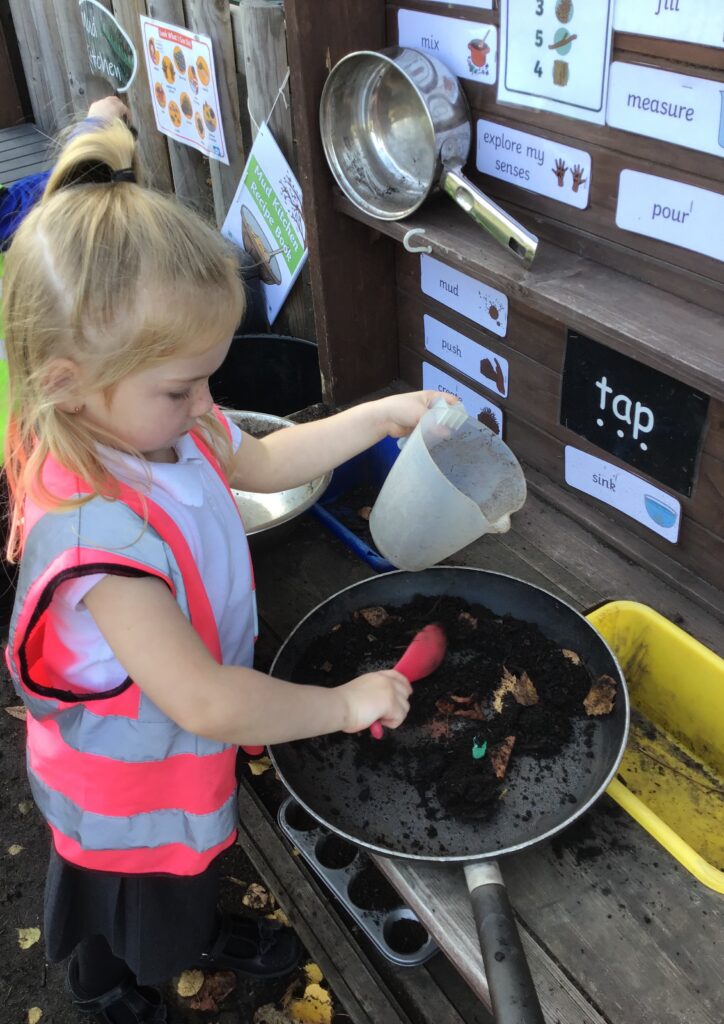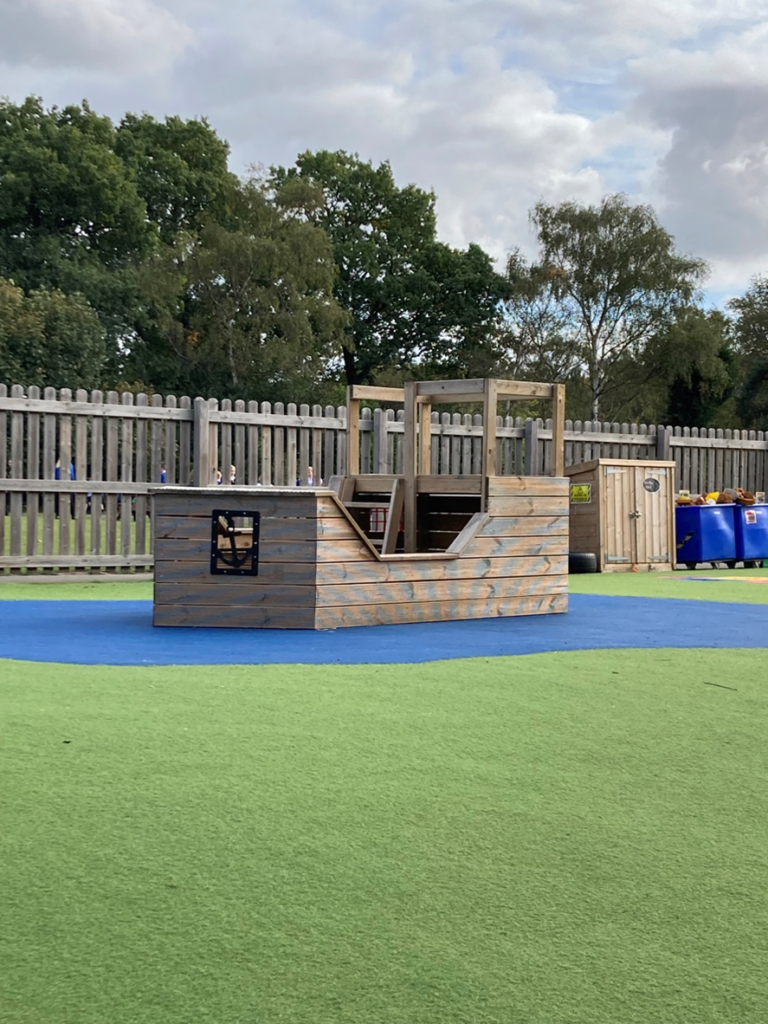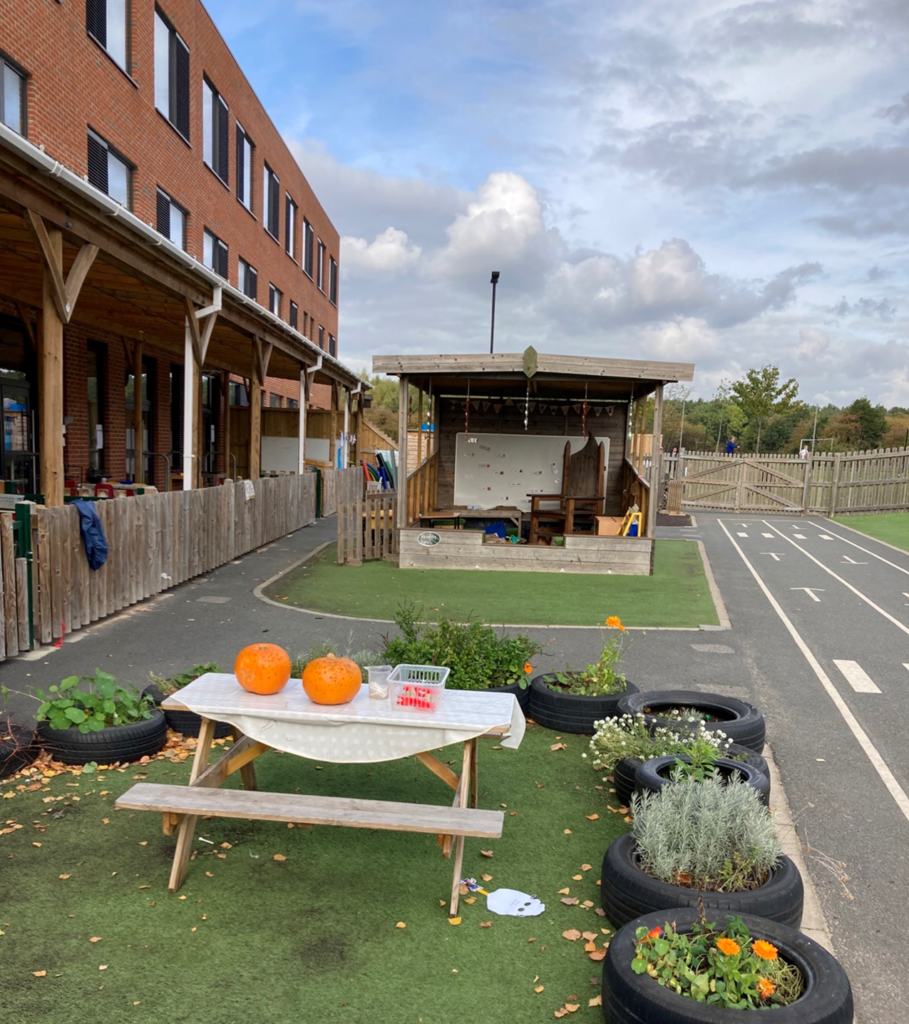EYFS
EYFS

Early Years Foundation Stage
At Serlby Park Academy, we provide a secure and stimulating environment, where our children are nurtured into becoming happy and confident members of our academy. We offer an exciting curriculum, which enables children to make progress by developing a range of knowledge and skills. This prepares them for the next step in their journey.
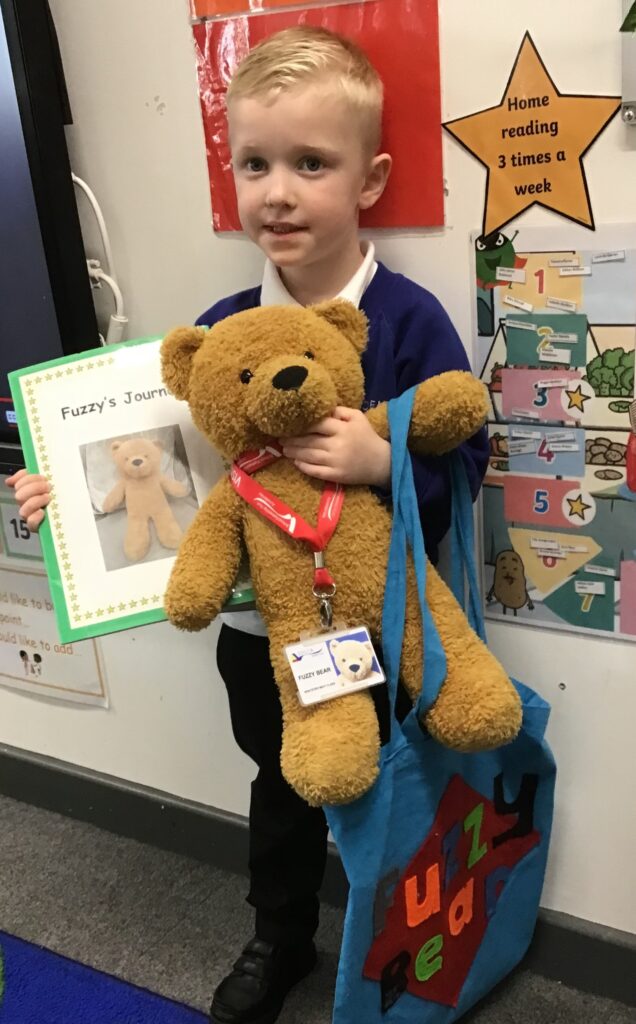
Teaching and Learning
Teaching at Serlby Park Academy includes a good balance of adult led and child-initiated learning. Teaching may be whole class, face-to-face with a child or small group of children during the session. Practitioners skilfully plan the learning environment to support children in making progress through child-initiated play. Sometimes, these two approaches over-lap, for example when a child or small group initiate play which is then supported and extended by the practitioner. When practitioners teach children:
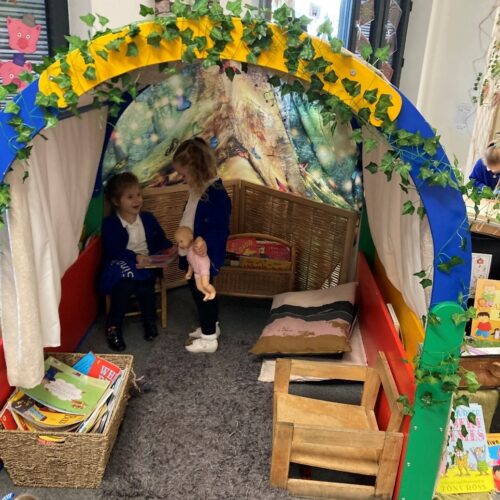
· They facilitate opportunities for the child to contribute and to make choices in their learning.
· They scaffold the child’s development, to support increasing independence and control.
· They ask questions to check or develop children’s understanding.
· They work collaboratively to solve problems and find answers.
· They provide formative feedback to help children to consolidate their learning and extend their exploration and thinking further.

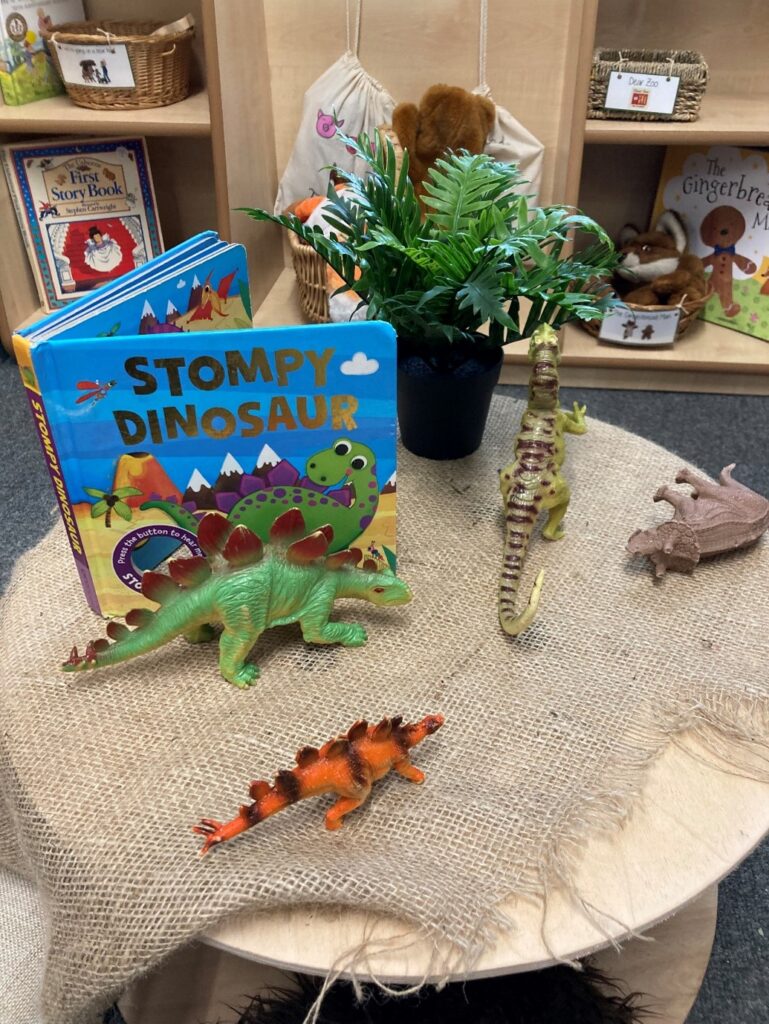
Our curriculum
The EYFS curriculum meets the requirements set out in the National Curriculum at Foundation Stage and like the rest of the school curriculum, is built around a wide range of texts. Developing a love of reading, storytelling, rhyming and singing begins in our early years. Every pupil stars their reading journey with a free Delta book bag that contains a range of traditional nursery rhymes and stories. All pupils have access to a wide range of stories in the classroom and outdoor provision.

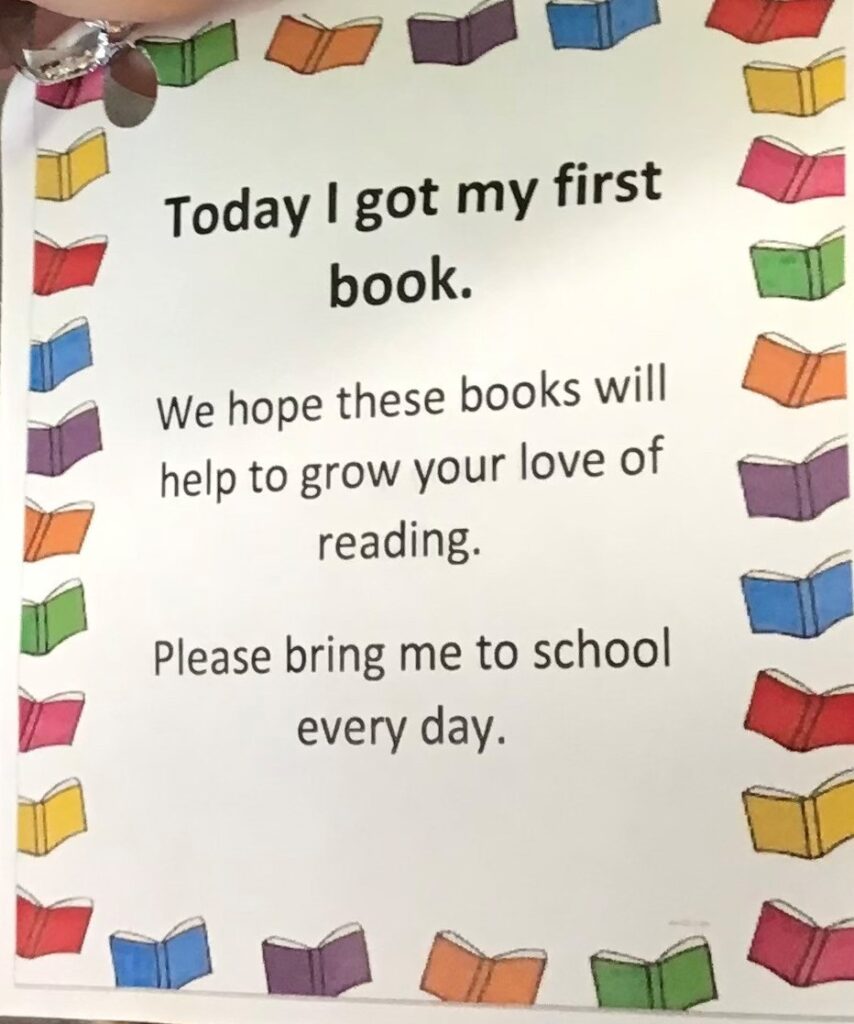

Areas of Learning
The EYFS is made up of three prime areas of learning:
· Personal, Social and Emotional Development
· Communication and Language
· Physical Development
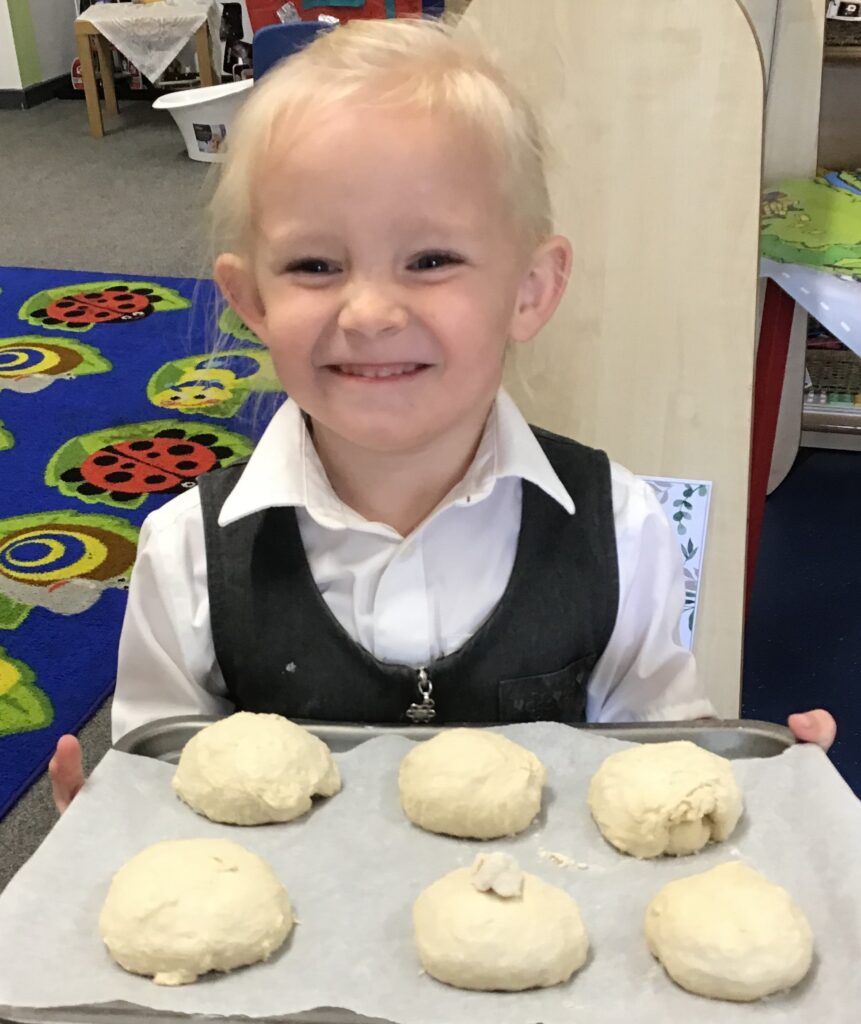

Phonics
When teaching phonics, it is really important to use pure sounds as children will struggle to hear the sounds to blend them together if they are pronounced incorrect. For example, ‘m’ would be pronounced ‘mmm’ and ‘n’ would be pronounced ‘nnnn’ without adding a ‘nuh’ sound at the end. This video demonstrates how to clearly pronounce the sounds.
The use of phonics is one of the many skills needed to be able to be a reader and writer. We teach high quality phonics sessions daily to ensure the children have the best start possible in reading and writing. The learning of phonics is the beginning of children’s body of knowledge, skills and understanding that are an essential part of learning to read. To read and understand texts children must learn to recognise/decode the words on the page. Good quality phonics teaching allows the child to be secure in the skills of word recognition and decoding which allows children to read fluently. This will result in children being able to read for pleasure and will allow them to move onto developing higher order reading for meaning skills. These phonic skills need to be taught systematically and involve a variety e.g multi-sensory resources for all learners. The teaching of phonics at Serlby Park Academy follows the Essential Letters and Sounds programme and this flows throughout the curriculum.

In Nursery, the focus is on pre-phonics skills (phase 1) daily. Examples of pre-phonics skills are alliteration, rhyme and environmental sounds. These will be a focus throughout the EYFS unit to ensure they are ready for the formal SSP phonics programme.
In the Reception, we will begin Essential Letters and Sounds which will continue into key stage 1 and beyond as required. At the start of Reception, we carry out an initial phonics baseline assessment to create a clear picture of the children’s knowledge and skills. As a result, and to aid a smooth transition from nursery to reception, in the first week of their time in reception children will be taught following the pre-phonics skills. With a focus on Aspects 6 and 7, the children can practise listening skills and practise the essential alliterative and segmenting and blending needed to prepare them for Essential Letters and Sounds.
Our EYFS unit provides a strong continuous provision to enable children to repeat, practise and master. Resources enable children to engage in exploratory play with sounds, investigating variations, pattern, rhyme, voice as well as a range of real sounds through active phonics.
Literacy and Reading
At Serlby Park Academy we use Launchpad for Literacy alongside the curriculum. This approach enables our staff to:
- identify and close skill gaps
- embed speech and language interventions
- ensure progression for all and clarifying ‘Quality First Teaching’
- create a firm, broad base of skill readiness for all aspects of literacy, including Phonics.
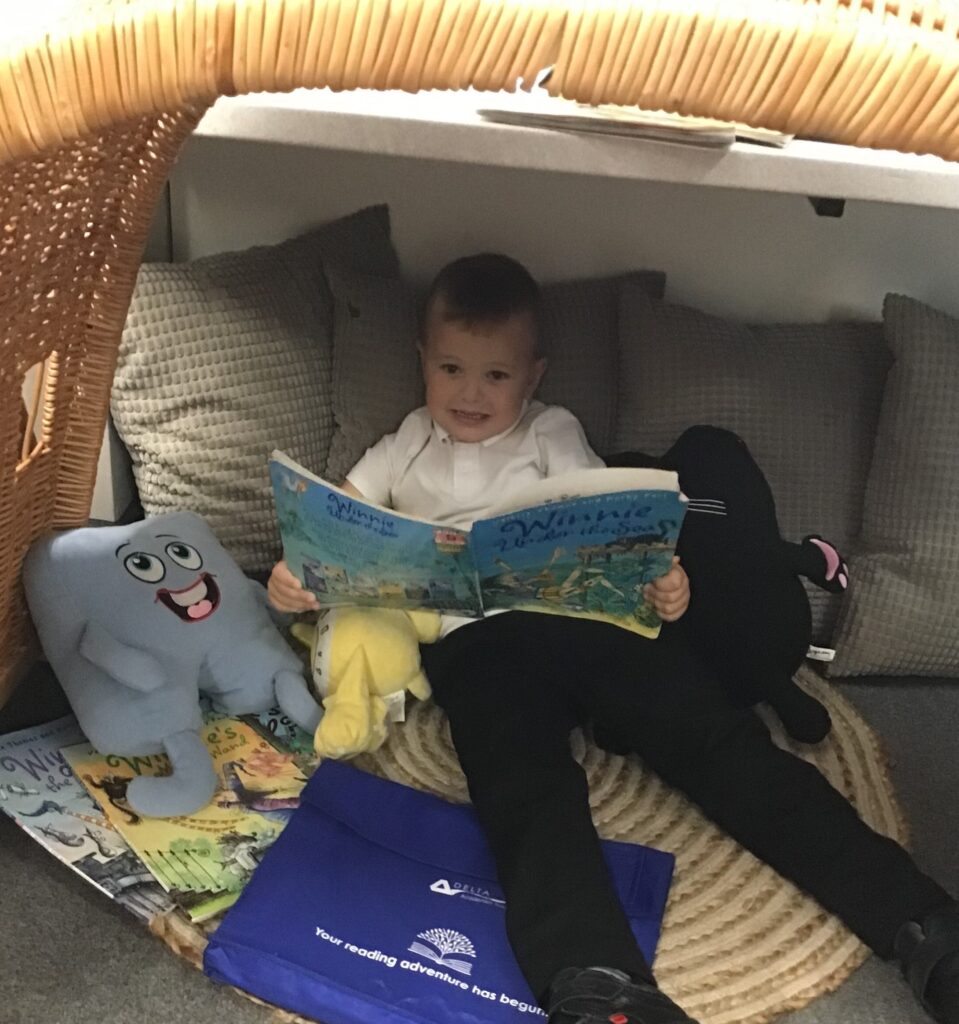
Books are the key driver throughout our reading enhanced curriculum (REC) in EYFS and high-quality texts are carefully planned to support learning in line with the seven areas of learning and following the Talk for Writing approach. These texts are used to influence enhancement ideas to add into provision for children to reconsolidate their learning and understanding of the book during continuous provision time. However, we ensure that there is a clear balance between reflecting a love of books and children’s interests in the environment.
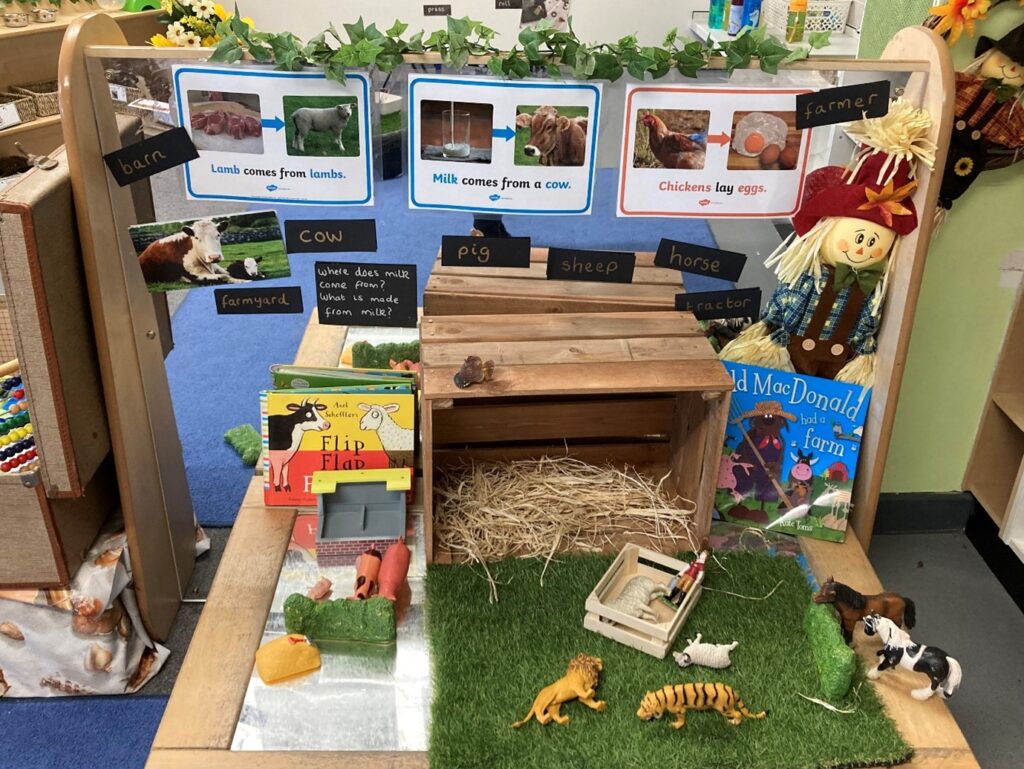

Maths
In EYFS, children are encouraged to become interested in maths and mathematical language through games, songs and by exploring the resources available to them. In nursery we concentrate on maths through child initiated play, simple challenges, questioning and stories.

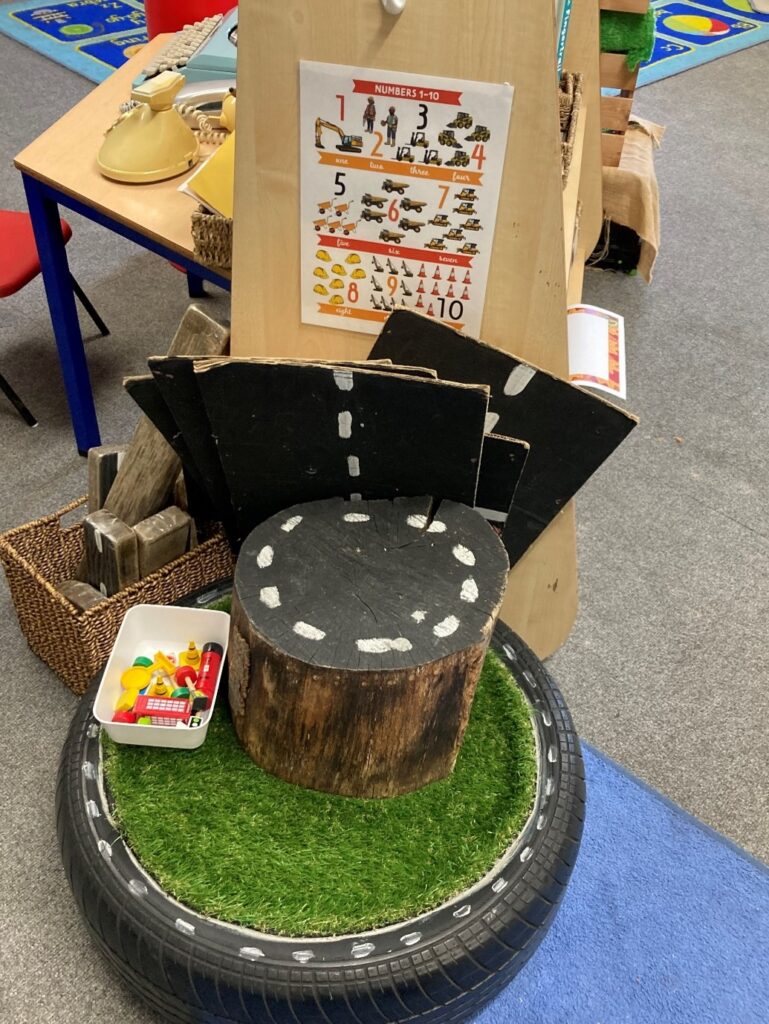
In reception, we build on this further by using a mastery approach, which encourages children to use resources, like cubes and counters, to solve a range of problems independently or with their peers. We ensure that children are confident with: counting, patterns, problem solving and are confident with basic adding and subtracting too. Children also explore 2d and 3d shapes, measuring equipment and start to understand mathematical concepts like time and money.

Environment
The Foundation Unit environment is stimulating and engaging and meets the needs of the children. Children have lots of opportunities to facilitate their own learning through carefully resourced provision and skilled adults, who support children through high quality interactions and effective questioning. Children are given lots of opportunities to put into practise the skills they have learnt and extend their own learning. We aim to support the children’s development and inspire a love of learning. Our outdoor area is an extension of our indoor classroom. This is important to us, as we offer children the same opportunities to develop their learning.
Through quality interactions with adults our children gain confidence to be confident communicators.
